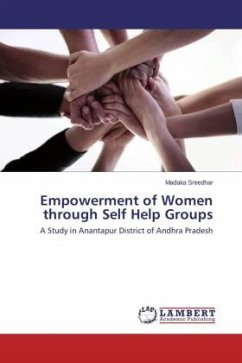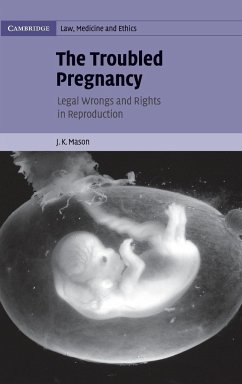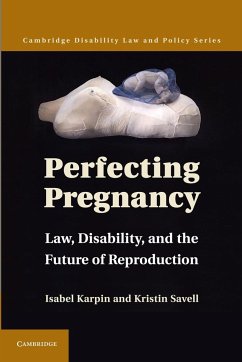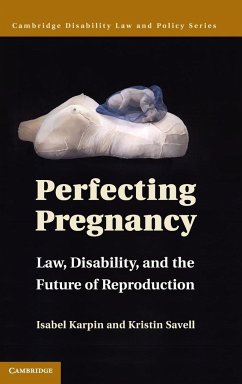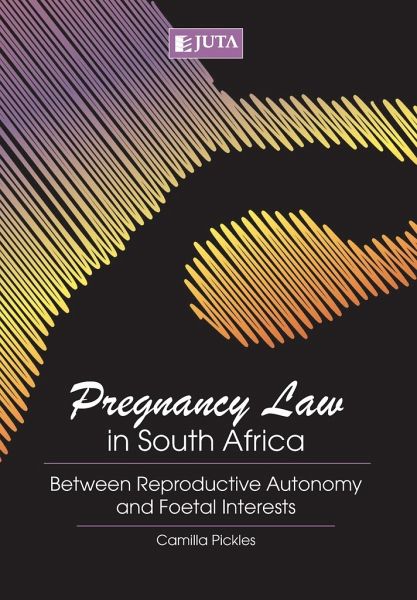
Pregnancy Law in South Africa
Between Reproductive Autonomy and Foetal Interests
Versandkostenfrei!
Versandfertig in 1-2 Wochen
46,99 €
inkl. MwSt.

PAYBACK Punkte
23 °P sammeln!
South African law remains relatively silent on the legal aspects of pregnancy, and legal commentary is rather scarce too. While there have been attempts to address the gaps in the law in relation to specifi c issues in pregnancy, these attempts have usually favoured the individual protection of the unborn at the expense of pregnant women’s agency and rights, which has given rise to a tension between female reproductive autonomy and foetal interests. In Pregnancy Law in South Africa, the author explores the question of whether it is possible to regard pregnancy in law as embodying both women ...
South African law remains relatively silent on the legal aspects of pregnancy, and legal commentary is rather scarce too. While there have been attempts to address the gaps in the law in relation to specifi c issues in pregnancy, these attempts have usually favoured the individual protection of the unborn at the expense of pregnant women’s agency and rights, which has given rise to a tension between female reproductive autonomy and foetal interests. In Pregnancy Law in South Africa, the author explores the question of whether it is possible to regard pregnancy in law as embodying both women and the unborn and whether the pregnancy can be construed in a way that it does not come to be framed as an adversarial relationship. Pregnancy Law in South Africa focuses on the issues of prenatal substance abuse, termination of pregnancy, violence that terminates a pregnancy, and the extension of legal personhood to the unborn. The author argues that pregnancy-related issues will never be adequately resolved unless the potential for an adversarial pregnancy relationship is removed. She proposes a relational approach to pregnancy, centred on fostering relationships, in order to eliminate the potential for tension. The author contends further that a relational approach encourages imaginative and constructive possibilities for law reform efforts without sacrifi cing women’s reproductive autonomy and rights or the recognition of the unborn. Pregnancy Law in South Africa provides a sound theoretical approach to pregnancy in law and its recommendations seek to promote healthy, rights-affi rming pregnancies.






